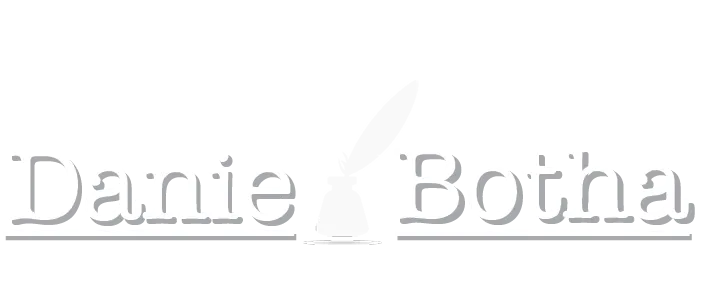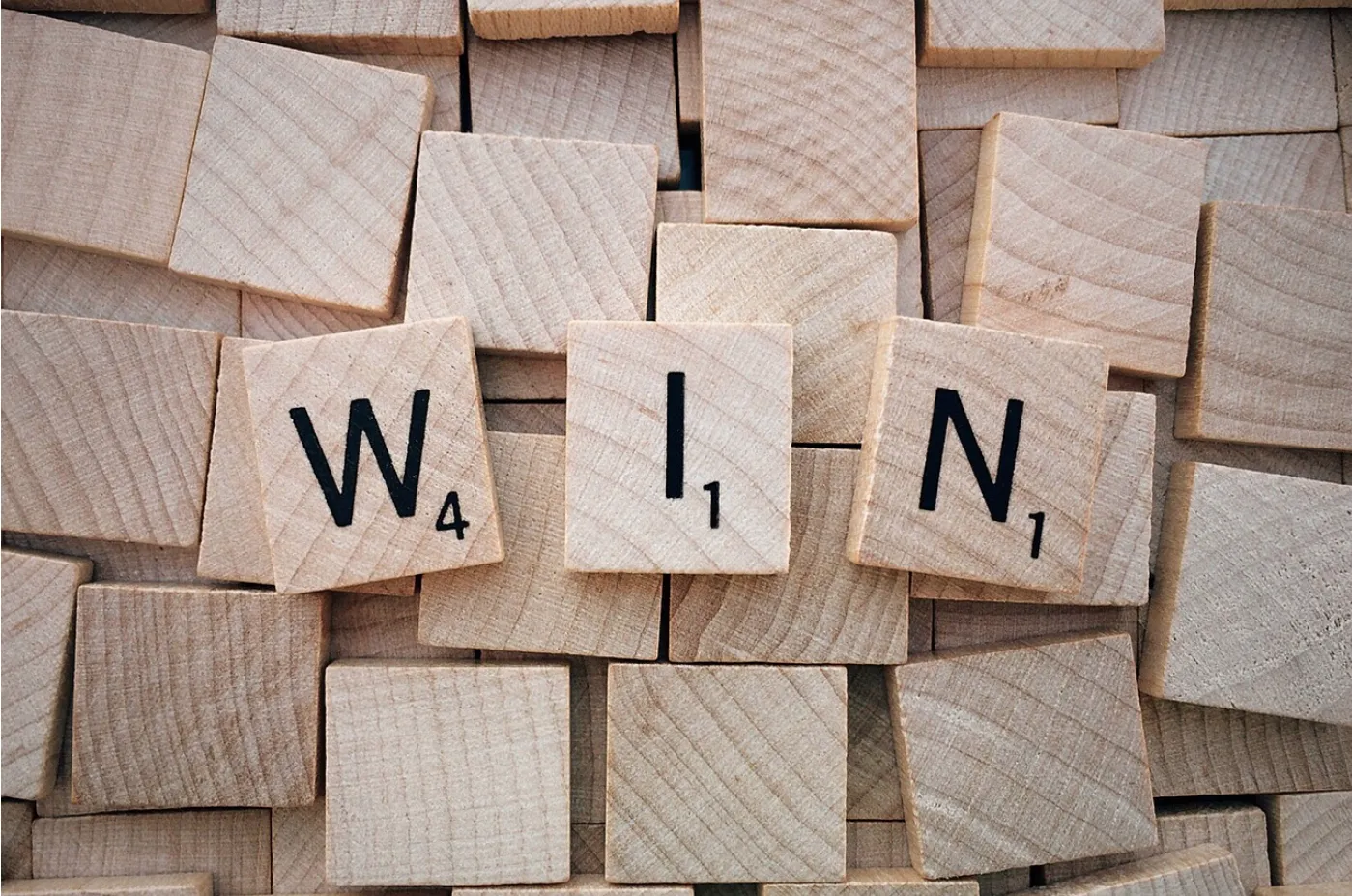Become curious about your problem and escape its hold
I can’t give it up.
How often haven’t we heard this? It’s impossible. I’ve tried a hundred times—and failed miserably. (Actually, it was only seven times that I really tried.) But still. So I accept the thorn in my flesh and get on with my life. And I resignedly make peace with my inability to conquer bad habits that control, and often wreck my life (when they become addictions.) Or, in its most benign form, they make me miss out on a fuller life.
This doesn’t have to be the case. Judson A. Brewer, a neuroscientist and addiction psychiatrist, has an interesting take on how to overcome your cravings and bad habits and addictions. Together with his team of researchers, they have shown that by becoming more curious about what happens each time we succumb to an urge, it is possible to break its hold on us.
In November 2015, Dr. Brewer gave a TED talk titled, A simple way to break to break a bad habit. He explained how the habit cycle of (1) the trigger (or urge), (2) the behavior (or the routine) and (3) the reward, works.
Instead of beating ourselves up (emotionally) about our inability to quit, or trying to force ourselves to comply, we should try a different approach.
By pausing for a mere second, and becoming curious about what happens inside our body when we respond to the urge at that very instant, also known as mindfulness, is the first step. You can even write your experience down. That voluntary pause will help us become more aware of what we are doing and reflect on the negative impact of the particular urge we’re trying to conquer. This is an important principle—the pause—forcing ourselves to think consciously.
Bad habits, when left unchecked, become addictions. Addictions are one of the costliest human conditions—with an impact on mental, physical and economic health.
Bad habits come in many forms and disguises. Be it social media addiction, smoking, stress eating, avoiding regular activity, drinking, or any other behavior that impacts our lives and health in a harmful way, there is a way out. There is help.
Many habits are so ingrained that we can perform them on an (almost) unconscious level. Think of getting into your car and pulling out of the garage. It has become a habit—we don’t even “think” about it.
A popular example of an unwanted habit is smoking. It’s hard to quit. But. by pausing and describing in fine detail what you’re doing, what the smoke smells like and how it tastes in your mouth, and by visualizing what it does inside your body, it becomes very likely that you will become aware of its negative and less desirable effects on you!
This is what happens: (1) You become aware of the urge; (2) You take action by pausing and being curious (mindful); (3) You feel the joy of letting go (not giving in); REPEAT
Easy? No. But it is a simpler way of tackling a seemingly insurmountable obstacle.
Pause.
Think. Visualize it.
Reflect.
Repeat.
I have posted before about breaking free from powerful habits that impact our lives. Charles Duhigg, Pulitzer Prize winner, is the author of, The Power of Habit. A worthwhile and insightful read, in narrative form, on how one can break free from habits by understanding the habit loop.
Breaking unwanted or harmful habits is not easy. By learning to understand how habits work is the first step toward escaping its hold in our lives.
The seemingly impossible then becomes scalable—it comes within our reach.
Let’s do it!
Thank you for reading! If this resonated with you, please leave a comment and feel free to share.
References:
- Judson Brewer. TED talk—Nov 2015.
- The Eat Right Now app—a 28-day program. There is a FREE version available.
- The Craving Mind by Judson Brewer.
- A. Brewer et al. Craving to quit, psychological models and neurobiological mechanisms of mindfulness training as treatment for addictions. Psychol Addict Behavior. 2013 Jun, 27(2);366-379
© 2017 DanieBotha.com. All rights reserved.


